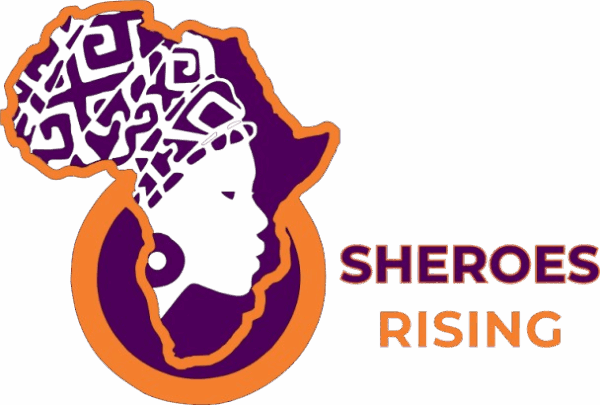Lagos is witnessing a disturbing surge in femicide cases, sparking deep concern among rights advocates, security experts, and legal practitioners who warn that unchecked gender-based killings pose a serious threat to families, communities, and the wider society.
Femicide is the intentional murder of women or girls specifically because of their gender often by intimate partners or relatives. This has unfortunately become an alarming reality in Nigeria despite years of awareness campaigns.
Recent cases in Lagos highlight the grim trend. On September 3, police arrested a man who allegedly disguised himself as a dispatch rider to gain access to his estranged girlfriend’s room in Oko-Oba. Enraged that she ended their relationship due to his abusive behaviour, he reportedly stabbed her to death after threatening that no one else would marry her. The case is now under investigation at the State Criminal Investigation Department, Panti.
That killing followed another on July 17 in Ayobo, where a hotel stay turned tragic. Guests heard disturbing noises from a room around 10 p.m. and alerted staff. Police later arrested a man who confessed to stabbing his girlfriend multiple times in the stomach, head, and ribs, claiming it was for ritual purposes.
Earlier in March, a domestic quarrel in Badagry spiralled into bloodshed when a man fatally stabbed his wife with a kitchen knife. Just weeks before, in February, a 23-year-old man was arrested in Ijeododo, Alimosho, after neighbours heard his girlfriend’s desperate screams during a midnight assault that ended her life.
While many cases remain unreported, the Lagos-based non-governmental organisation DOHS Cares Foundation has verified over 140 femicide incidents across Nigeria in just the first nine months of this year.
“Women Are Still Seen as Property”
Speaking with News Agency of Nigeria (NAN), DOHS founder, Mrs Ololade Ajayi linked the crisis to Nigeria’s patriarchal structures, entrenched gender stereotypes, and cultural norms that devalue women.
Currently, no Nigerian law specifically addresses femicide. Perpetrators are tried under general murder laws that fail to capture the gender-specific nuances of femicide, she explained.
Ajayi urged the government to enact dedicated legislation that recognises femicide and attempted femicide as distinct crimes with strict punishments. She also called for safe shelters, stronger law enforcement, and greater protection for women at risk.
“To protect women, femicide must be directly addressed in our laws, with perpetrators facing the highest punishments to deter others,” she stressed.
Courtship, Red Flags, and Root Causes
Security expert Mr Christopher Oji traced many femicide cases to jealousy, infidelity, economic hardship, lack of trust, substance abuse, mental health struggles, and childhood exposure to domestic violence.
He warned that couples who rush into marriage without proper background checks risk missing red flags such as aggression, controlling tendencies, or obsessive jealousy.
Premarital courtship helps identify potential dangers before relationships become permanent; he advised.
While acknowledging that men are the main perpetrators, Oji noted that women have also committed gender-based killings. He urged couples to choose separation or divorce rather than resorting to violence, and called on families, communities, and religious institutions to promote healthier relationships through marriage courses and faith-based teachings.
“Leave Immediately”, Lawyers Warn Victims
Legal practitioner Mrs Kemi Ojo urged individuals in abusive relationships not to wait until violence escalates.
Prioritise your safety and leave immediately,
She stressed the importance of conflict resolution, counselling, and awareness campaigns to combat femicide.
Ojo encouraged couples to embrace healthy, non-violent methods of resolving disputes and to seek professional help from counsellors, psychologists, or religious leaders. She further called for regular public education on the dangers of domestic violence, its legal consequences, and the value of peaceful co-existence.
A Call for Urgency
With femicide steadily climbing in Lagos, stakeholders are unanimous in their call: urgent action must be taken. From stronger laws to safe shelters, premarital counselling and cultural change, the fight against femicide demands a collective effort.
Until then, countless women remain at risk in their own homes, caught between silence, stigma, and violence; a chilling reminder that for too many, intimate relationships can become a matter of life or death.
Fatima Ikram Abubakar is a
Mass Communication student
Afe Babalola University,
Ekiti.









